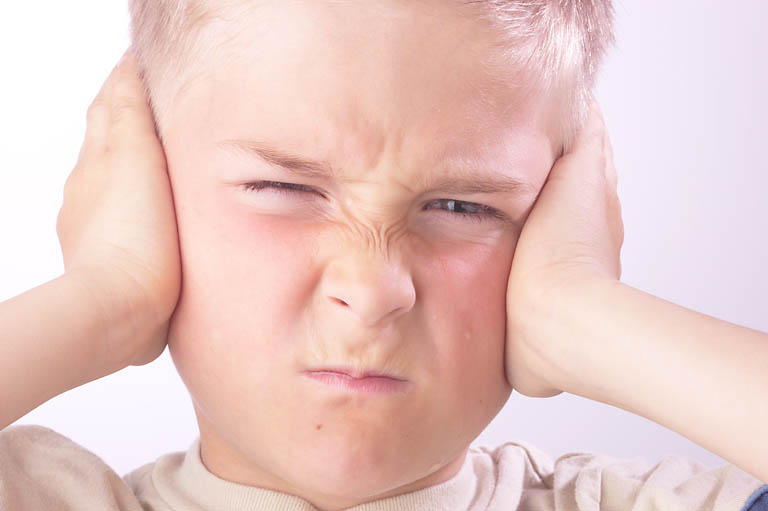Frequently Asked Questions
Behavioral and Developmental Pediatrics
ADHD is a medical condition, thought to be related to changes in brain chemistry, that affects a person's ability to regulate behavior and attention. Left untreated, children with ADHD can suffer academically and experience behavioral, social and emotional problems through adulthood. Untreated ADHD is a significant risk factor for substance use disorders in adolescents. Adolescents treated for ADHD with medication reduced the likelihood of substance abuse by 85 percent.
ADHD can include specific symptoms of inattention, hyperactivity-impulsivity, or both. Types of ADHD may include:
□ Inattentive ADHD: Children who have most symptoms from a list of specific symptoms that includes: difficulty paying attention, avoidance of extended periods of mental effort, distractibility, and forgetfulness.
□ Hyperactive-Impulsive ADHD: Children who have trouble being still, are "always in motion," and talk nonstop.
□ Combined ADHD: Children who show symptoms form both lists.
Neurotransmitters are chemicals in the brain that allow brain cells to send information to other brain cells. When one or more of these chemicals is in short supply in certain brain areas, or is not working as usual, a child may exhibit symptoms of ADHD. Recent advances in technology have allowed researchers to study the brain structure and functions more closely, revealing that the brains of children with ADHD differ from those of children without the disorder. Genetics are also believed to play a role in ADHD.
1346 Foothill Blvd., # 301
La Canada, CA 91011
818.790.1587




Descanso Medical Center
for Development and Learning
Descanso Medical Center
for Development and Learning
Behavioral and Developmental Pediatrics
See 5-16-08 joint media advisory from the American Academy of Pediatrics / American Heart Association: Clarification of statement on cardiovascular evaluation and monitoring of children and adolescents with heart disease receiving medications for ADHD.